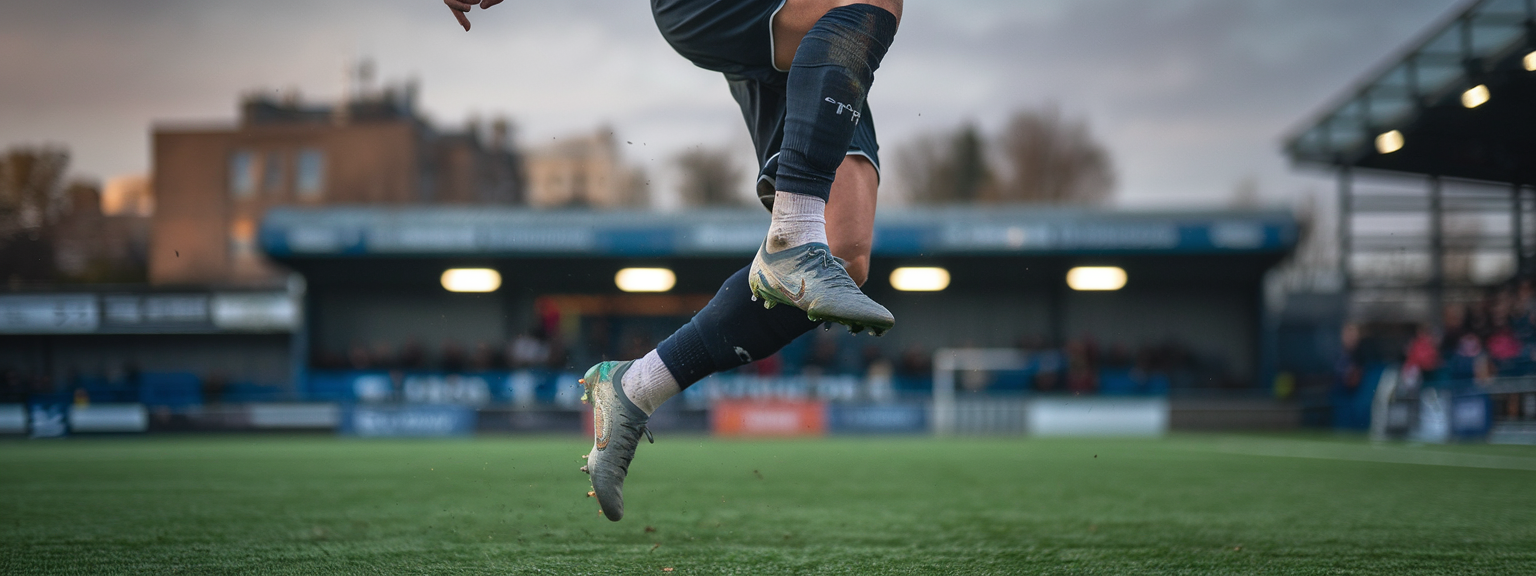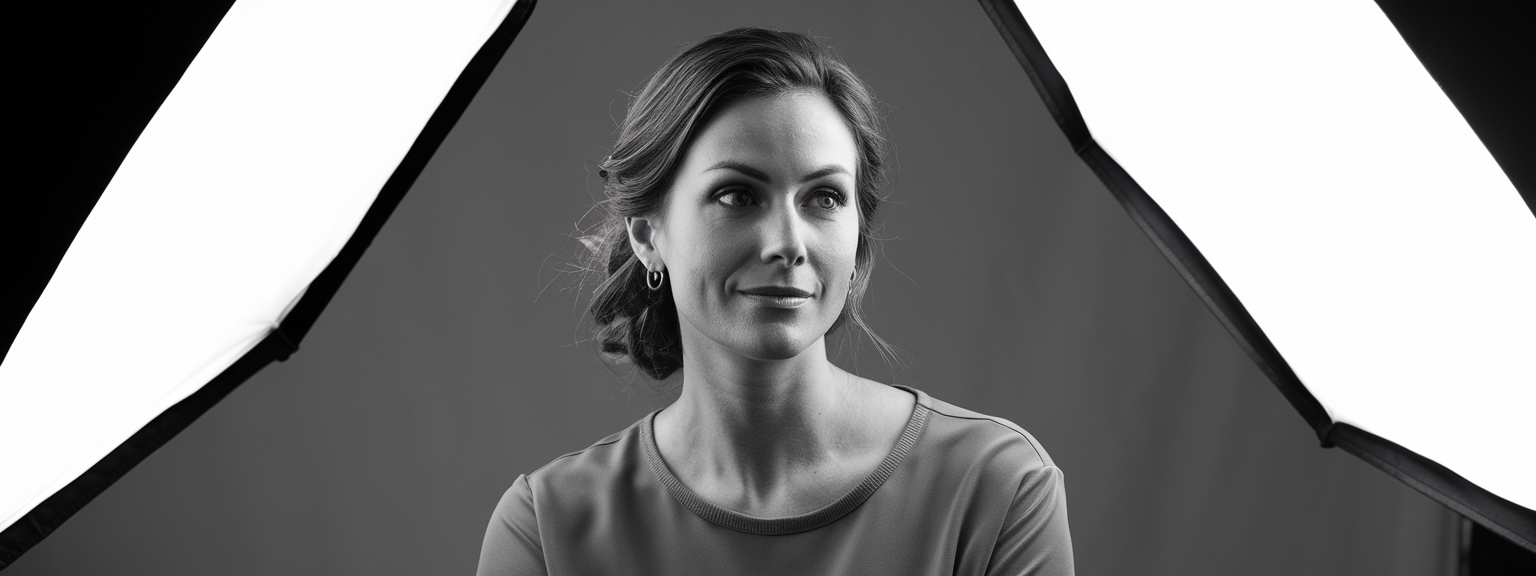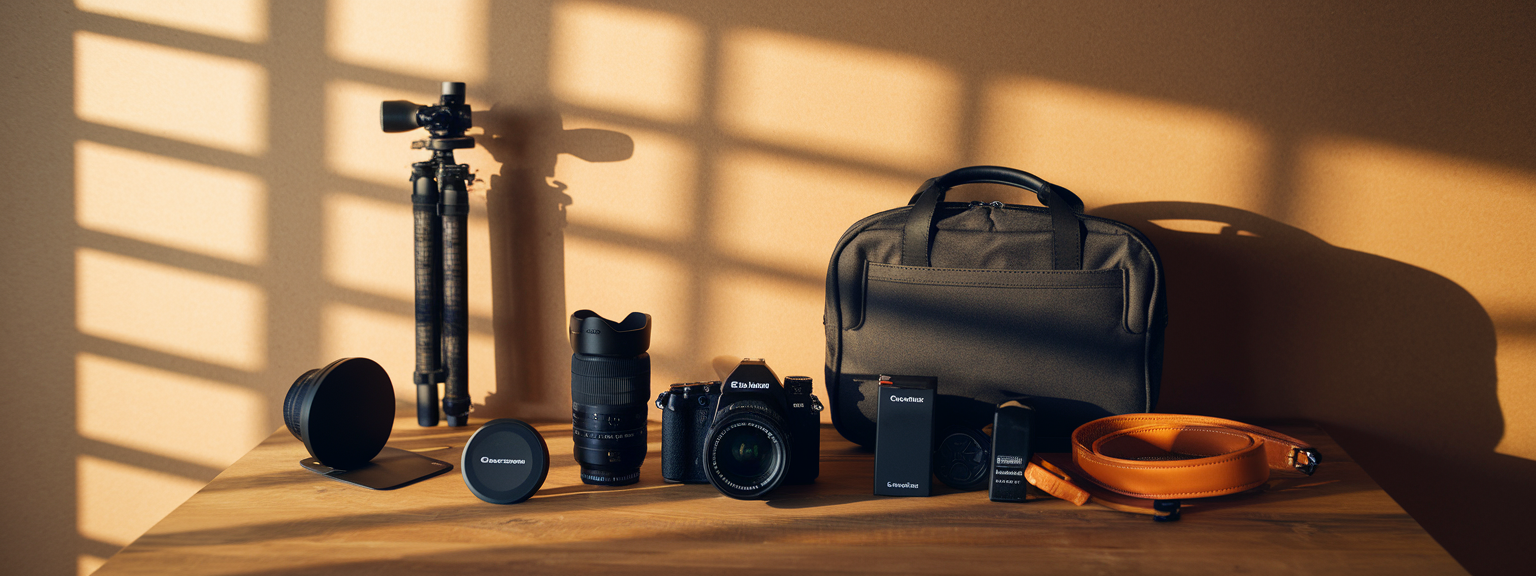Mastering Techniques to Level Up Your Skills for Lifelong Learning

Welcome to our comprehensive tutorial designed to help you master Techniques to Level Up your skills. In today’s evolving professional world, continuous learning, skill improvement, and professional development have become indispensable. With proven learning strategies and practical education methods, this guide will help you embrace lifelong learning through actionable tips, detailed explanations, and real-world case studies that also focus on personal growth, self-improvement, and overall skill enhancement.
📝 Step-by-Step Guide: Techniques To Level Up
Step 1: Mindset Shift and Goal Setting
The first step to mastering Techniques to Level Up your skills is to adopt a growth mindset. To begin with, embrace challenges, view failures as learning opportunities, and set clear, measurable goals. For example, set a SMART objective such as, “Within three months, I will master long-exposure photography to enhance my low-light performance,” which combines personal growth with professional development.
- Define specific targets for skill improvement.
- Utilize actionable steps to measure progress.
- Visualize success using vision boards or detailed mind maps.
Step 2: Identify Learning Resources and Tools
After establishing your new mindset, gather the right educational tools essential for Techniques to Level Up. Explore online courses, relevant tutorial videos, and authoritative guides that focus on both professional and creative skill enhancement. This approach will ensure that you are well-equipped with proper learning strategies and cutting-edge education methods.
- Take advantage of platforms such as Coursera, Udemy, and Skillshare.
- Consult physical and digital books on photography and professional skills.
- Collaborate through mentorship programs and community groups.
Step 3: Create a Structured Learning Plan
Developing a precise learning plan is vital when trying to improve your skills. Outline a schedule combining theoretical review with practical experience. For instance, if you are a photographer, allocate morning sessions to study composition and lighting, and evenings to practice with your camera settings. This balanced routine directly contributes to overall professional development and personal growth.
- Create weekly and monthly learning logs.
- Document milestones, setbacks, and breakthroughs.
- Keep your goals aligned with a structured timetable.
Step 4: Practice Deliberately and Seek Feedback
Active practice forms the core of successful skill improvement. By repeatedly engaging in deliberate tasks, you reinforce your newly acquired knowledge. Request constructive critiques from trusted mentors and peers to refine your techniques. This iterative process is crucial for both personal advancement and professional development.
- Prioritize deliberate, targeted practice sessions.
- Record feedback and adjust your methods accordingly.
- Maintain an open mindset towards growth and education.
Step 5: Embrace New Challenges and Expand Your Comfort Zone
Once you have mastered the basics, challenge yourself with advanced techniques. Whether it’s experimenting with new photography styles or undertaking unfamiliar professional projects, stepping out of your comfort zone fosters skill enhancement and continuous learning. This step truly encapsulates the spirit of Techniques to Level Up.
- Experiment with advanced photography techniques such as HDR and drone photography.
- Engage in cross-disciplinary learning to explore related fields like graphic design or digital marketing.
- Stay updated with current trends and industry shifts.
📌 Practical Applications: Techniques To Level Up
Application in Photography Projects
The principles behind Techniques to Level Up are easily applied in photography projects. For instance, a project-based approach lets you integrate creative methods into your work, such as capturing “Golden Hour” images or exploring abstract compositions. This practical approach not only reinforces learning strategies but also promotes a systematic process of skill improvement and personal growth.
- Design creative projects that challenge your current skills.
- Utilize new equipment or editing software to experiment boldly.
- Join photography meetups or group exhibitions for constructive feedback.
Application in Professional Development
The same Techniques to Level Up are applicable in professional settings. Whether you are enhancing your communication skills or seeking advanced leadership training, these strategies support overall professional development. Certification courses and hands-on training sessions are excellent means to ensure your learning strategies are continually refined and updated.
- Participate in industry workshops and seminars regularly.
- Engage in professional development webinars and interactive training sessions.
- Implement role-playing exercises to simulate real-world challenges.
Application in Continuous Learning and Education
Continuous learning is the cornerstone of success in any discipline. By applying Techniques to Level Up through online courses, community engagement, and personal projects, you can maintain a steady trajectory of skill enhancement. This holistic approach integrates education methods that benefit both professional development and personal achievement.
- Regularly engage with digital learning platforms to update your skills.
- Join educational forums and social media groups to discuss emerging trends.
- Commit to long-term projects that nurture dedicated self-improvement.
💡 Tips & Tricks: Techniques To Level Up
Tip 1: Embrace Lifelong Learning
Adopting a mindset of lifelong learning is key for sustainable Techniques to Level Up. Integrate even brief daily learning sessions into your routine—whether by reading blogs, taking short online courses, or simply exploring new ideas. This consistent practice nourishes both personal growth and professional development.
Tip 2: Utilize Technology and Online Resources
Modern technology provides a vast array of resources to support your journey of skill enhancement. Leverage educational apps, online tutorials, and dynamic forums that discuss innovative photography techniques, advanced learning strategies, and digital editing methods for professional development.
Tip 3: Focus on One Skill at a Time
While it can be tempting to juggle several learning pursuits simultaneously, focusing on a singular skill yields deeper mastery. Whether it’s perfecting exposure settings or enhancing post-processing techniques, concentrating your energy benefits both your professional and personal skill improvement.
Tip 4: Regularly Reassess and Adjust Your Learning Plan
A flexible learning plan is essential. Continuous evaluation of your progress ensures that your Techniques to Level Up remain effective. Adapt your strategy based on feedback, new trends, and emerging areas of interest. This iterative process reinforces both self-improvement and professional development.
Tip 5: Create a Supportive Environment
Cultivating a nurturing atmosphere is indispensable for Techniques to Level Up. Connect with peers, join photography or professional development communities, and share your experiences. A supportive network accelerates feedback, encourages experimentation, and sustains your drive towards continuous learning.
📸 Sample Scenario
Background
Meet Alex, an emerging photographer enthusiastic about refining his craft. Despite having a decent portfolio, Alex felt his work had plateaued. Passionate about low-light and long-exposure photography, he decided to implement Techniques to Level Up by setting clear learning goals and adopting new photography methods.
The Plan
Alex’s strategy included a detailed plan: first, he committed to learning advanced exposure techniques; then, he identified relevant online tutorials and local workshops. Every night, he practiced in different ambient lighting conditions, gradually experimenting with his camera’s settings. By combining structured practice and critical feedback from fellow photographers, he was able to refine his technique systematically.
- He set a SMART goal to capture stunning low-light images within six months.
- He attended group sessions to present his work and gather constructive comments.
- He continuously adjusted his techniques based on real-world feedback.
The Outcome
After six months of dedicated practice and persistent learning, Alex’s portfolio exhibited dramatic improvement. His images captured the nuanced beauty of nightscapes and low-light environments, demonstrating not only technical skill improvement but also robust professional development. His success story is a testament to the efficacy of Techniques to Level Up and solidifies the notion of continuous learning.
✅ Key Do’s for Effective Usage
Do Set Clear, Attainable Goals
Begin with specific objectives for each learning phase. This clarity, embedded in your Techniques to Level Up approach, ensures you remain focused. Defining success by measurable milestones enhances both your professional development and personal growth.
Do Leverage High-Quality Resources
Invest time in identifying and utilizing reputable courses, books, and expert tutorials. High-quality resources not only support your skill enhancement but also validate your professional development efforts.
Do Practice Regularly and Deliberately
Maintain a routine that dedicates specific time for practice. Regular, deliberate practice reinforces your new knowledge and hones your technique improvement, making every learning session count.
Do Seek Constructive Feedback
Feedback is a vital component of growth. Engage with peers, mentors, or professional communities to receive actionable insights. By doing so, you not only enhance your skill improvement but also foster a culture of continuous learning.
Do Monitor Your Progress
Document your journey meticulously. Whether through journals, digital logs, or visual portfolios, tracking progress helps validate your learning strategies while highlighting areas that may need further development.
❌ Common Mistakes to Avoid
Mistake 1: Lacking Clear Objectives
Without well-defined goals, your Techniques to Level Up strategy may become unfocused. Ambiguous objectives lead to confusion and reduce opportunities for measurable progress. Therefore, always start with clear, attainable targets.
Mistake 2: Overloading on Theory Without Practice
It is tempting to immerse yourself in theoretical knowledge. However, relying solely on theory limits practical skill enhancement. Remember, actionable learning strategies and practiced techniques drive professional development.
Mistake 3: Ignoring Feedback
Dismissal of external input can stall growth. Ensure you actively seek and integrate constructive criticism for significant self-improvement.
Mistake 4: Procrastination and Inconsistency
Inconsistency becomes a major barrier when learning strategies are not regularly practiced. Avoid procrastination by creating a disciplined schedule that focuses on continuous skill improvement.
Mistake 5: Being Overly Critical of Yourself
Excessive self-criticism can lead to demotivation. Instead, recognize small victories and continue refining your methods gradually to maintain a balanced approach to professional development.
🔄 Troubleshooting & FAQs
Q1: What are the best Techniques to Level Up my skills?
The most effective methods include setting clear, measurable goals, engaging in deliberate practice, leveraging high-quality learning resources, and seeking continuous feedback. These strategies actively support skill enhancement, professional development, and self-improvement.
Q2: How do I maintain my motivation when progress seems slow?
Motivation is built on small wins and structured progress. By tracking your progress, celebrating achievements, and remaining engaged with your learning community, you sustain momentum and commitment to continuous learning.
Q3: How can I effectively balance theory with practical application?
Design a schedule that alternates between theoretical studies and real-world practice sessions. This balanced approach ensures thorough understanding and effective skill improvement.
Q4: What should I do if I’m not getting enough feedback on my work?
Engage actively in community forums, join photography groups, or work with a mentor. Regular external reviews are essential for continued learning and professional development.
Q5: How do I avoid information overload when learning multiple skills?
Focus on one skill at a time and gradually build your proficiency. Prioritize actionable learning while integrating new insights at a sustainable pace.
Q6: Are there recommended tools for tracking my progress?
Yes. Tools such as Trello, Notion, and even a traditional journal can help you monitor your milestones and track your overall improvement. These resources support your drive for personal and professional growth.
Q7: Can these techniques be applied to fields other than photography?
Absolutely. The core strategies behind Techniques to Level Up—goal setting, deliberate practice, and continuous feedback—are universal. Whether you are learning a new language, coding, or cooking, these methods drive effective skill improvement and professional development.
🖼️ Bringing It All Together
The Synergy of Continuous Learning and Practical Application
Incorporating Techniques to Level Up into your routine bridges theory with practice. When you integrate structured education methods with regular, hands-on experience, you achieve profound skill enhancement. This blend not only drives personal growth but also propels professional development.
Embracing a Growth Mindset
A growth mindset is at the core of successful learning. Recognize every challenge as an opportunity to advance, while using feedback as a catalyst for self-improvement and continuous learning. This mindset empowers you to master new education methods and reinforces your commitment to lifelong learning.
The Role of a Supportive Ecosystem
Building a network of like-minded individuals can significantly accelerate your journey. Whether through online communities, in-person workshops, or peer collaborations, the support you receive further solidifies the practice of Techniques to Level Up your skills, ultimately contributing to both personal and professional excellence.
Actionable Strategies for Immediate Implementation
Now is the perfect time to act on these insights. Reassess your goals, adjust your learning plan, and integrate these strategies into your daily routine. Begin by focusing on one key area, then gradually expand your skills as you achieve success in each domain. The continuous cycle of feedback, practice, and evaluation will ensure your journey of self-improvement remains fulfilling and dynamic.
In conclusion, the mastery of Techniques to Level Up your skills serves as a roadmap to both professional development and lifelong self-improvement. As you integrate these methodologies into your routine, remember that each step taken—each lesson learned—is a vital component in your continuous evolution.
Embrace the journey of continuous learning and let these techniques inspire you to reach new heights in your career and personal life. With dedication, clear objectives, and a supportive network, there is no limit to the progress you can achieve.
Thank you for taking the time to explore this comprehensive guide. Remember, each strategy not only paves the way for professional development but also enriches your personal growth and reinforces the importance of continuous learning.
Now is your moment to take bold steps forward—dive into new learning challenges with confidence and watch your skills transform before your eyes.
Happy learning and happy growing!

![[Stunning Images Editing Workflow] [Photographer editing a vibrant landscape on a monitor, demonstrating techniques for stunning images]](https://lenslesson.com/wp-content/uploads/2025/12/advanced-stunning-images-editing-workflow.png)
![[sports-photography-action-shot] [Photographer using a telephoto lens to capture a fast break at a basketball game — Sports Photography]](https://lenslesson.com/wp-content/uploads/2025/12/sports-photography-action-shot-telephoto-basketball.png)
![[Travel photography sunrise capture] [Photographer capturing sunrise landscape during a travel photography trip with a mirrorless camera]](https://lenslesson.com/wp-content/uploads/2025/12/travel-photography-sunrise-shot-essentials.png)
![[Photo Tips Sharper Shots] [Close-up of a photographer adjusting camera settings - Photo Tips for sharper shots]](https://lenslesson.com/wp-content/uploads/2025/12/photo-tips-better-photos-smartphone-composition.png)
![[Urban Street Photography Moment] [Photographer capturing a candid moment on a busy city sidewalk — street photography scene]](https://lenslesson.com/wp-content/uploads/2025/12/street-photography-candid-urban-moment.png)



